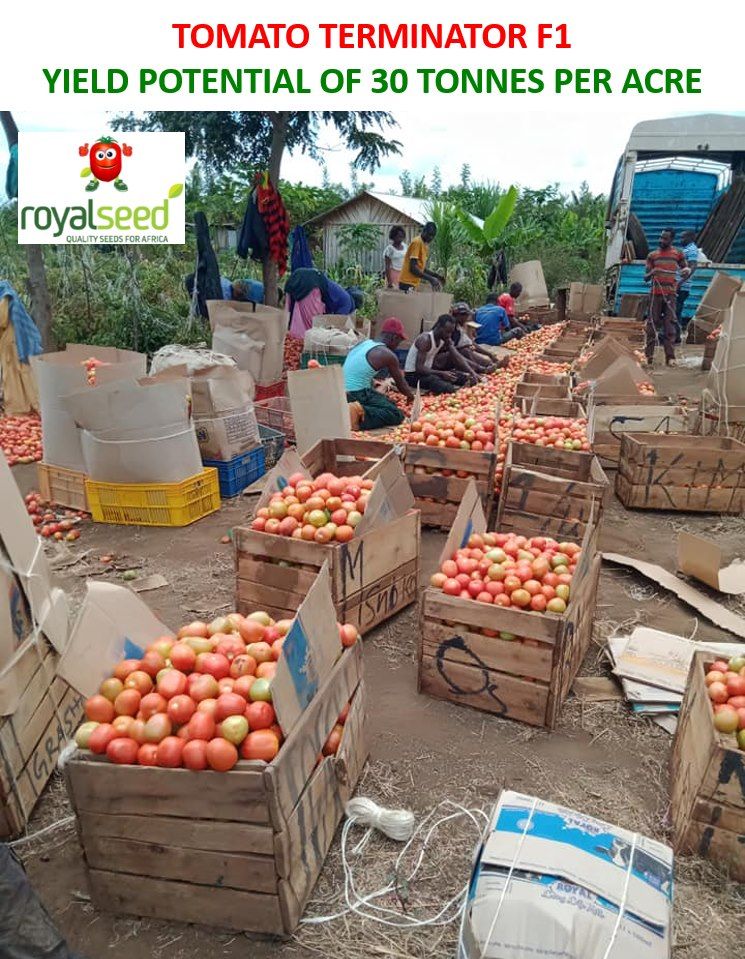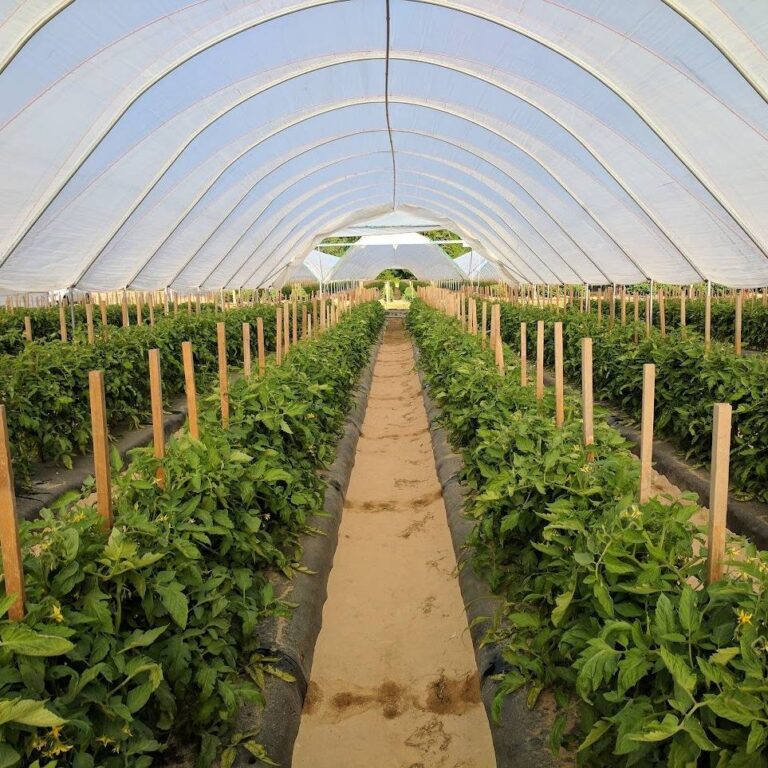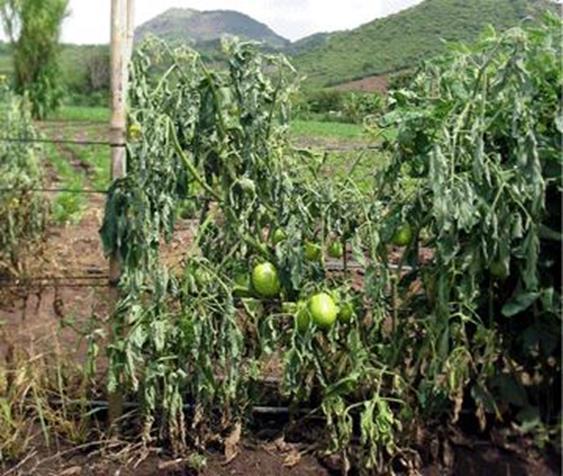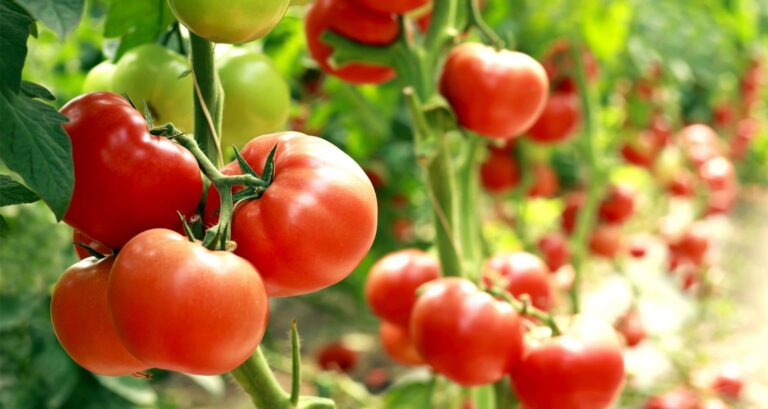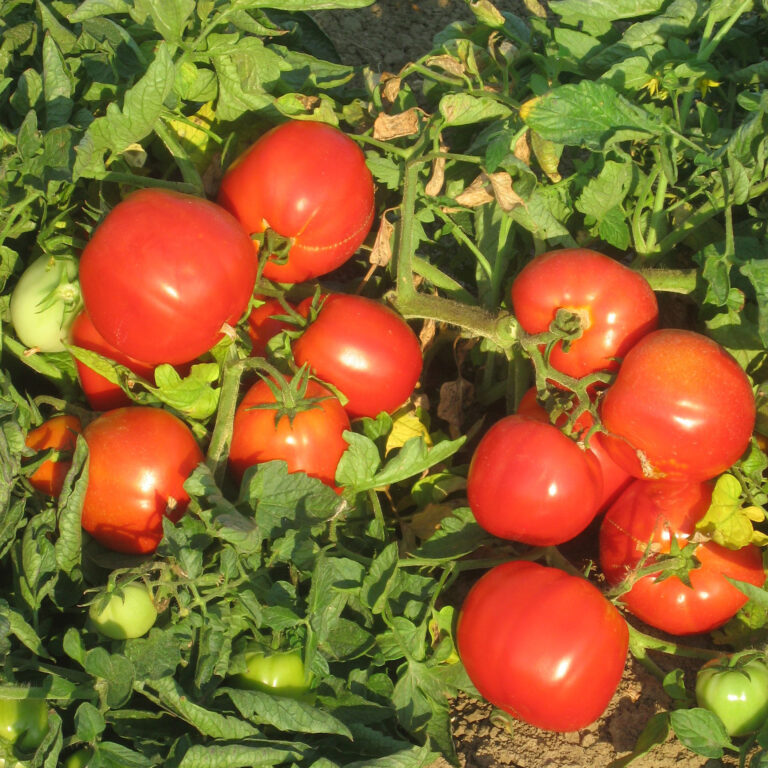Terminator F1 Tomatoes Yield Per Acre In Kenya
Terminator F1 tomatoes are a high-yield hybrid variety with a potential yield of 25-35 tons per acre. Space plants 60 cm apart, and follow proper growing techniques for best results. Prices can range from KSh 50 to KSh 80 per kg.
Terminator F1 Tomatoes
Terminator F1 tomatoes are a hybrid variety renowned for their high yield and disease resistance. They are especially popular among Kenyan farmers due to their adaptability to the local climate and soil conditions.
Characteristics of Terminator F1 Tomatoes
- High Yield: These tomatoes produce a significant number of fruits per plant, making them economically viable.
- Disease Resistance: They are resistant to common tomato diseases, reducing the need for chemical treatments.
- Adaptability: Suitable for various climatic zones in Kenya.
Terminator F1 Tomatoes Yield Per Acre
On average, Terminator F1 tomatoes can yield an impressive 25-30 tons per acre. This high yield makes it a lucrative option for both small-scale and large-scale farmers.
The yield per acre is a critical metric for any farmer looking to assess the profitability of their crop. With Terminator F1 tomatoes, this metric becomes even more significant due to the high expectations set by this hybrid variety. In Kenya, the average yield for Terminator F1 tomatoes can range from 25 to 30 tons per acre under optimal conditions.
However, some farmers have reported yields as high as 35 tons per acre, especially when modern farming techniques and adequate farm management practices are applied.
The factors influencing this yield include:
- Climate and Weather Conditions: Kenya’s varying climatic zones affect the yield differently. While areas with moderate temperatures and consistent rainfall patterns are ideal, regions with extreme weather conditions may see lower yields.
- Soil Fertility: Fertile, well-drained soils rich in organic matter provide the best foundation for high yields. Farmers often supplement with fertilizers to maintain the nutrient balance required by the plants.
- Pest and Disease Management: Effective control of common tomato pests like the Tuta absoluta and diseases such as bacterial wilt is vital in preventing crop losses and ensuring maximum yield.
- Watering Practices: Regular and adequate irrigation, particularly during dry spells, ensures that the plants are not water-stressed, which is essential for fruit development and yield.
By focusing on these factors, farmers can optimize their yield and profitability when growing Terminator F1 tomatoes in Kenya.
Terminator F1 Tomatoes Seeds
The foundation of any successful tomato farming venture begins with the quality of seeds used. Terminator F1 tomato seeds are known for their vigor, disease resistance, and high germination rates. These seeds are hybrid, meaning they are bred specifically to combine desirable traits from different tomato varieties, resulting in a plant that offers superior performance in terms of yield, size, and flavor.
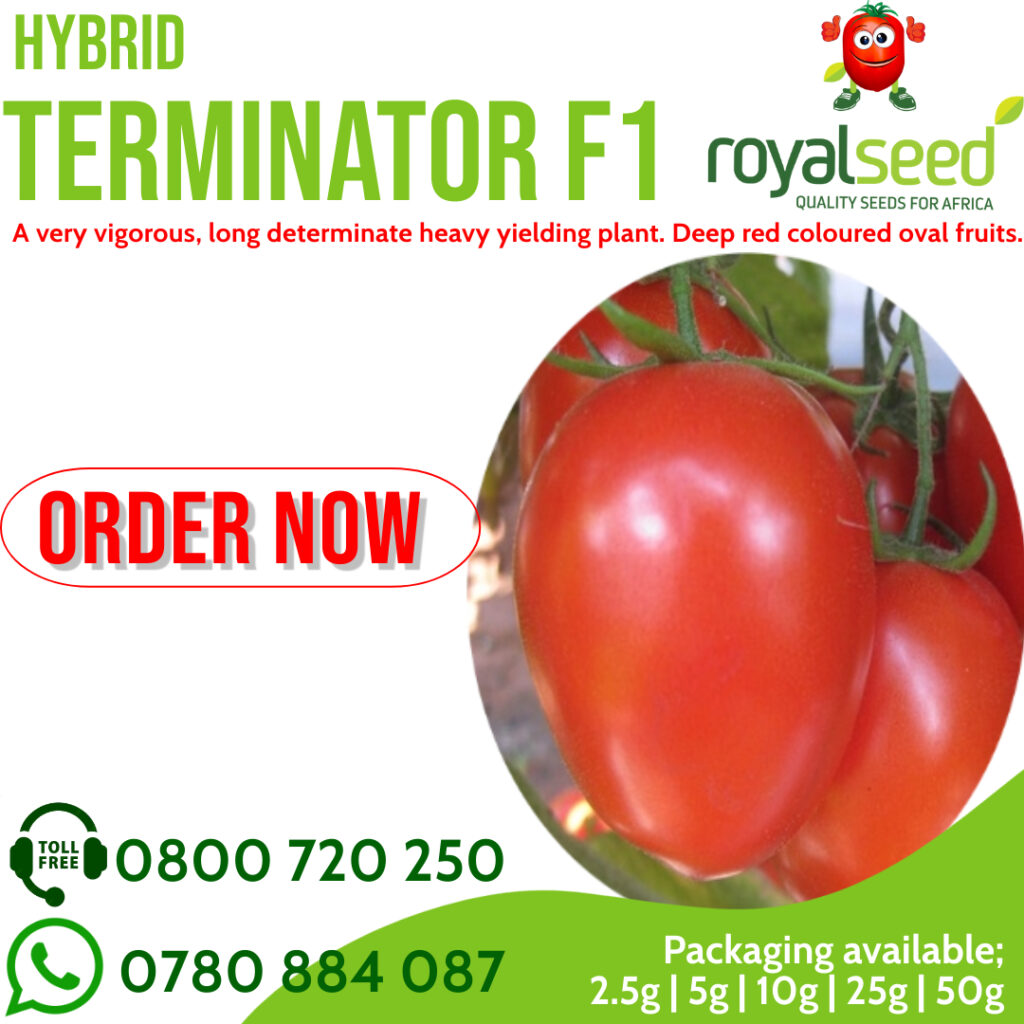
When purchasing Terminator F1 seeds, it’s important to source them from reputable suppliers to ensure authenticity. High-quality seeds should exhibit the following characteristics:
- High Germination Rate: This ensures that most of the seeds planted will sprout, leading to a full and productive crop.
- Disease Resistance: Terminator F1 seeds are bred to resist common tomato diseases, reducing the need for chemical interventions and enhancing crop survival rates.
- Vigorous Growth: The seeds should produce plants that are robust and capable of thriving even in less-than-ideal conditions.
Proper seed treatment before planting can further improve the chances of success. Soaking the seeds in a mild fungicide or disinfectant can help prevent seed-borne diseases and enhance germination.
Terminator F1 Tomatoes Spacing
Proper spacing is a crucial aspect of growing Terminator F1 tomatoes, as it directly impacts the plants’ growth, fruit development, and overall yield. When it comes to Terminator F1 tomatoes spacing, the general recommendation is to maintain a spacing of 60 cm between plants and 90 cm between rows.
This spacing allows each plant enough room to access sunlight, water, and nutrients without competing with its neighbors.
The benefits of proper spacing include:
- Enhanced Air Circulation: Well-spaced plants have better air circulation, which helps reduce the incidence of fungal diseases and promotes healthier plants.
- Efficient Nutrient Use: Each plant can access a sufficient amount of nutrients, leading to uniform growth and high-quality fruits.
- Ease of Management: Adequate spacing makes it easier to manage the plants, including tasks like pruning, staking, and harvesting.
In cases where space is limited, farmers might be tempted to plant more densely. However, this often leads to reduced yields per plant, increased disease pressure, and more labor-intensive management practices. Thus, adhering to the recommended spacing is key to achieving the best possible results.
How To Grow Terminator F1 Tomatoes
Growing Terminator F1 tomatoes involves several critical steps, each contributing to the overall success of the crop. Below is a step-by-step guide to cultivating this popular hybrid tomato variety:
- Site Selection and Preparation
Choose a site with well-drained, fertile soil and access to plenty of sunlight. The soil should have a pH between 6.0 and 6.8. Before planting, prepare the soil by incorporating organic matter, such as compost or well-rotted manure, to improve fertility and structure.
- Seedling Preparation
Sow the Terminator F1 seeds in a nursery bed or seedling trays filled with a well-draining potting mix. Keep the soil moist but not waterlogged, and place the trays in a warm, well-lit area. The seeds typically germinate within 7 to 14 days. Once the seedlings have two true leaves and are about 15 cm tall, they are ready for transplanting.
- Transplanting
Transplant the seedlings into the prepared field at the recommended spacing of 60 cm between plants and 90 cm between rows. Ensure that the transplanting is done during the cooler parts of the day to reduce transplant shock. Water the seedlings immediately after transplanting.
- Watering and Fertilization
Tomatoes require consistent watering, especially during fruit set and development. Drip irrigation is highly recommended as it provides uniform moisture without wetting the foliage, reducing the risk of fungal diseases. Fertilize the plants regularly with a balanced fertilizer, applying more nitrogen early in the growth phase and switching to a higher potassium formula during fruiting.
- Staking and Pruning
Stake the plants to support the vines and keep the fruits off the ground, reducing the risk of rot. Pruning involves removing the lower leaves and side shoots (suckers) to direct the plant’s energy towards fruit production. Proper staking and pruning enhance air circulation and light penetration, contributing to healthier plants and higher yields.
- Pest and Disease Control
Regularly monitor the plants for signs of pests and diseases. Use integrated pest management (IPM) practices, including biological controls and organic sprays, to manage pests. Rotate crops to prevent the buildup of soil-borne diseases, and practice good field hygiene by removing infected plants promptly.
- Harvesting
Terminator F1 tomatoes typically mature 75 to 80 days after transplanting. Harvest the fruits when they are fully colored but still firm. Tomatoes can be picked at different ripeness stages depending on the intended market or use. Handle the fruits carefully to avoid bruising, which can reduce their market value.
Terminator F1 Tomatoes Price In Kenya
The price of Terminator F1 tomatoes in Kenya varies depending on several factors, including the season, market demand, and location. On average, these tomatoes fetch between Ksh 60 to Ksh 80 per kilogram in local markets.
However, prices can spike during periods of low supply, such as in the dry season, when fewer tomatoes are available. Conversely, during peak production times, prices may drop due to oversupply.
Factors influencing the price include:
- Market Location: Urban markets like Nairobi and Mombasa often offer higher prices due to higher demand compared to rural markets.
- Seasonality: Prices tend to be higher during off-season periods when tomato production is lower due to unfavorable weather conditions.
- Quality of Produce: High-quality, well-packaged tomatoes generally attract better prices. Farmers who invest in proper post-harvest handling, including grading and packaging, can often command premium prices for their produce.
Farmers looking to maximize their profits should consider timing their planting to coincide with periods of high demand, such as during the dry season when fewer farmers are producing tomatoes. Additionally, forming cooperatives or groups can help farmers negotiate better prices with buyers, reducing the impact of middlemen.
FAQs
What is the average yield of Terminator F1 tomatoes per acre in Kenya? The average yield of Terminator F1 tomatoes per acre in Kenya ranges from 25 to 30 tons under optimal conditions. Some farmers, however, have reported yields as high as 35 tons per acre.
How long does it take for Terminator F1 tomatoes to mature? Terminator F1 tomatoes typically take 75 to 80 days from transplanting to maturity, depending on growing conditions.
What is the ideal spacing for planting Terminator F1 tomatoes? The ideal spacing for Terminator F1 tomatoes is 60 cm between plants and 90 cm between rows. This spacing allows for optimal growth and reduces competition for resources.
Where can I buy Terminator F1 tomato seeds in Kenya? Terminator F1 tomato seeds can be purchased from reputable agrovet stores across Kenya or from certified seed distributors. It’s important to ensure that the seeds are genuine to achieve the best results.
